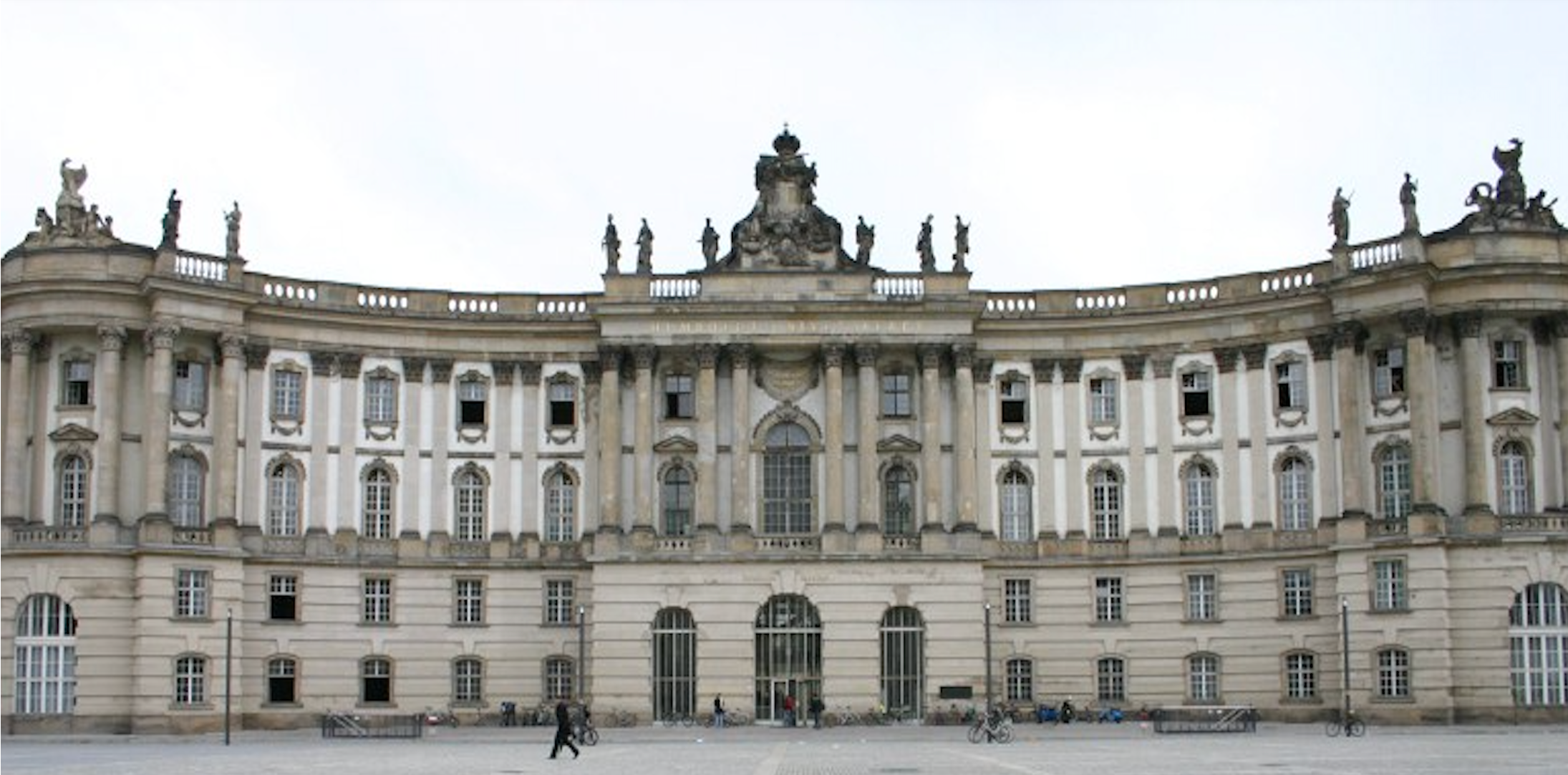Prof Dr Richard Kreindler on Allegations and Suspicions of Corruption in International Arbitration, 6 December 2019
On 6 December 2019, the IDR LL.M. class of 2019/2020 had the pleasure of welcoming Prof Dr Richard Kreindler, partner at Cleary Gottlieb Steen & Hamilton LLP in Frankfurt, for a lecture on allegations and suspicions of corruption in international arbitration.
Any short summary of such an intriguing lecture will inevitably contain overgeneralizations as the hours spent with Prof Dr Kreindler could easily yield a master thesis. The topic touches upon different fields of law and reflects the latest developments in international arbitration.
Initially, a few important premises were introduced to the students. As the focus of the presentation was on how arbitral tribunals should act when faced with matters of corruption and bribery, we firstly outlined the rights and duties of the arbitrators. Prof Dr Kreindler elaborated on the broad range of the tribunal’s discretionary powers and the limitations set by the parties’ agreement, mandatory provisions and considerations of public policy. We further discussed the arbitrators’ duty to render an enforceable award, and the question of which jurisdictions should be taken into account to assess whether the award is enforceable. We established that an endeavor should be made to ensure enforceability at least at the seat of the arbitration, as provided by some institutional rules, without prejudice to extending such considerations to the likely place of enforcement.
The second part of the lecture focused on the tension between the interests of the parties and the rights and duties of the arbitrators. We discussed the influence of bribery and corruption on the jurisdiction of the arbitral tribunal, the admissibility of the claims and the merits of the dispute.
The core part of the lecture concentrated on procedural issues. We started by analyzing whether the arbitral tribunal can investigate ex officio the existence of illegalities against the scope of the parties’ submissions, given the tension between public policy and an ultra petita decision created by this situation. The lecturer then referred to the arbitrators’ right to resign when faced with suspicion of corruption, and especially when the proceedings is being used for money laundering. As the lecture came to the end, the discussions shifted to the interplay between arbitration, parallel court proceedings and criminal investigations. Intricate questions were posed by Prof Dr Kreindler, such as whether the arbitral tribunal must or should suspend the arbitral proceedings to await the resolution of related cases, whether the criminal court findings are binding in the arbitration and which jurisdictions are relevant to that end, as well as whether the confidentiality of the arbitral proceedings may be violated by the arbitrators to inform state organs of relevant findings with criminal repercussions.
In brief, the lecture was thoughtful, interactive and stimulating. The points covered will certainly be subject of many discussions in the next years. The IDR LL.M. class of 2019/2020 is grateful for the opportunity to learn from the extensive practical experience of Prof Dr Kreindler.
Pedro Francisco da Silva Almeida, IDR LL.M. Candidate
